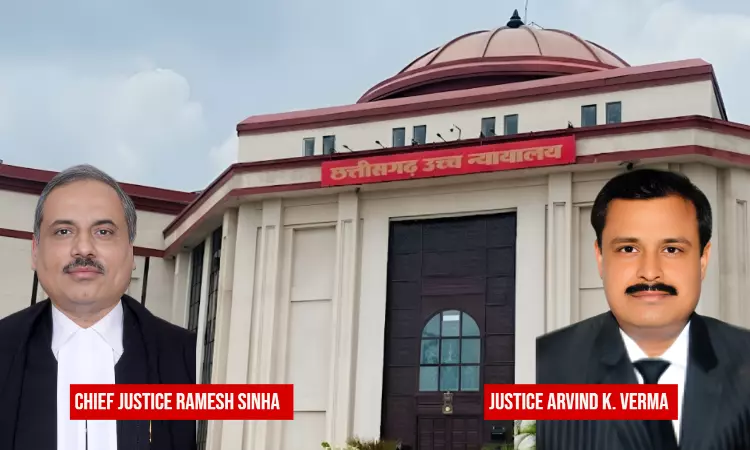'Case Of Betrayal Of Trust': Chhattisgarh HC Upholds Life Sentence For Man Who Repeatedly Raped Minor Daughter
Sparsh Upadhyay
18 April 2024 1:33 PM IST

Next Story
18 April 2024 1:33 PM IST
Calling it a case where 'trust was betrayed' and 'social values were impaired', the Chhattisgarh High Court last week upheld the conviction and sentence of life imprisonment for a man guilty of repeatedly raping his own daughter for 3 years. “The accused instead of showing fatherly love, affection and protection to the child against the evils of the society, rather made her the...
